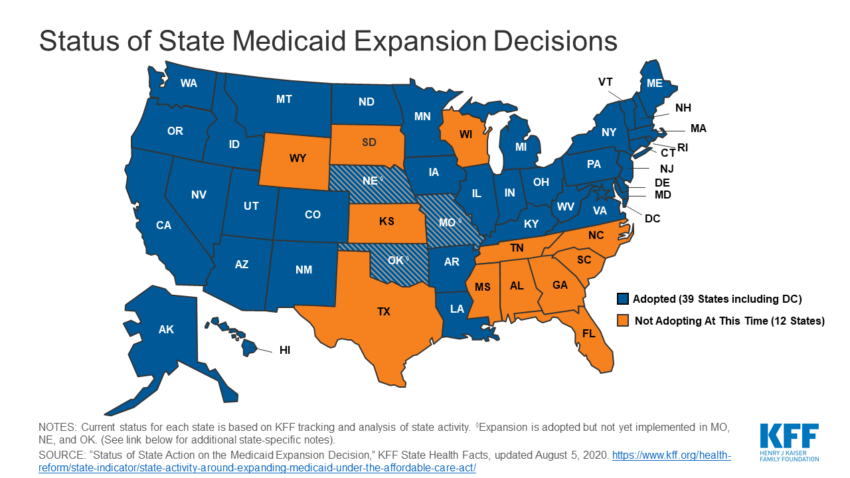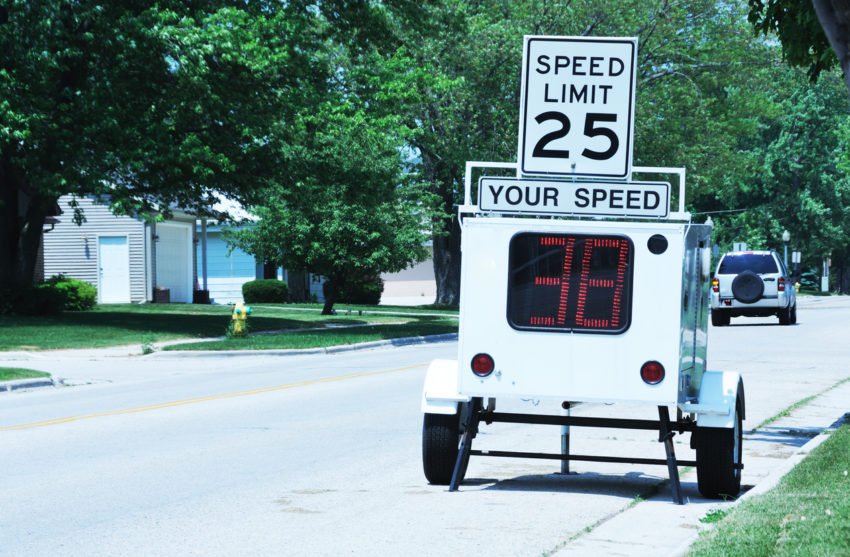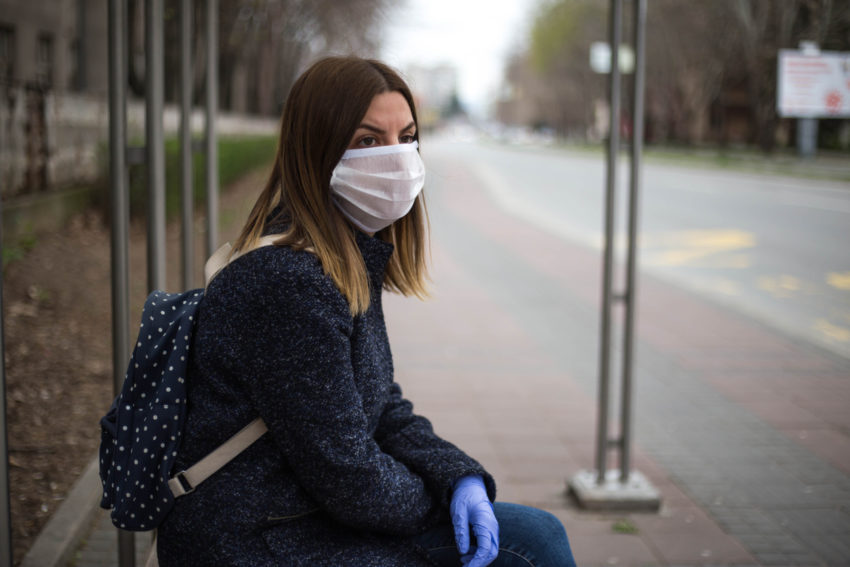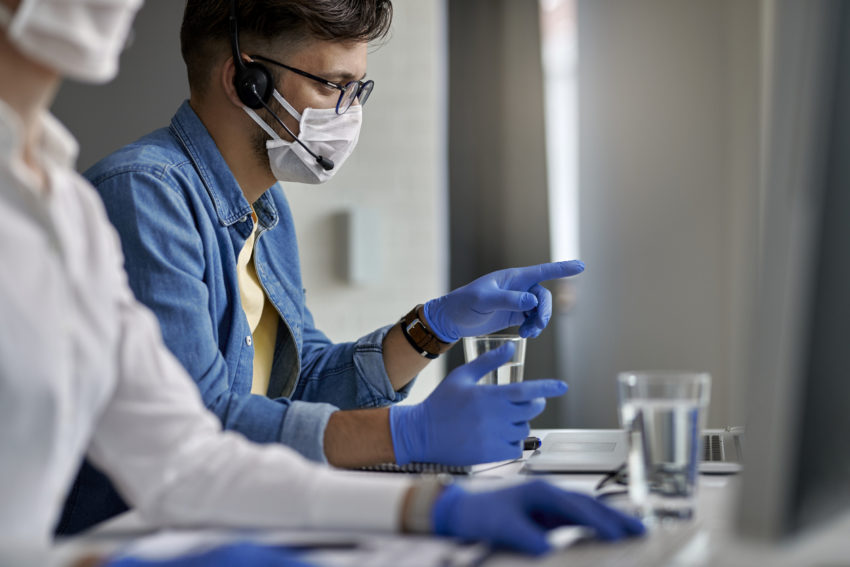2 States Are Expanding Medicaid amid COVID-19 Surge

As of June 2020, 14 U.S. states continued to reject Medicaid expansion, leaving many without an affordable healthcare coverage option. Then COVID-19 hit—hardest among low-income, uninsured families, particularly Latinos. In response to surging coronavirus cases, Oklahoma (11.1% Latino), the state with the second-highest uninsured rates, voted to expand Medicaid on July 1, 2020. A month later on Aug. 4, Missouri (4.4% Latino) also voted to expand Medicaid. In these two states alone, roughly 430,000 low-income adults will be eligible for Medicaid. “The American Heart Association supports expanding Medicaid because people living with low incomes are disproportionately affected by heart disease, hypertension, and stroke. Medicaid serves as the coverage backbone for the ...
Read More







